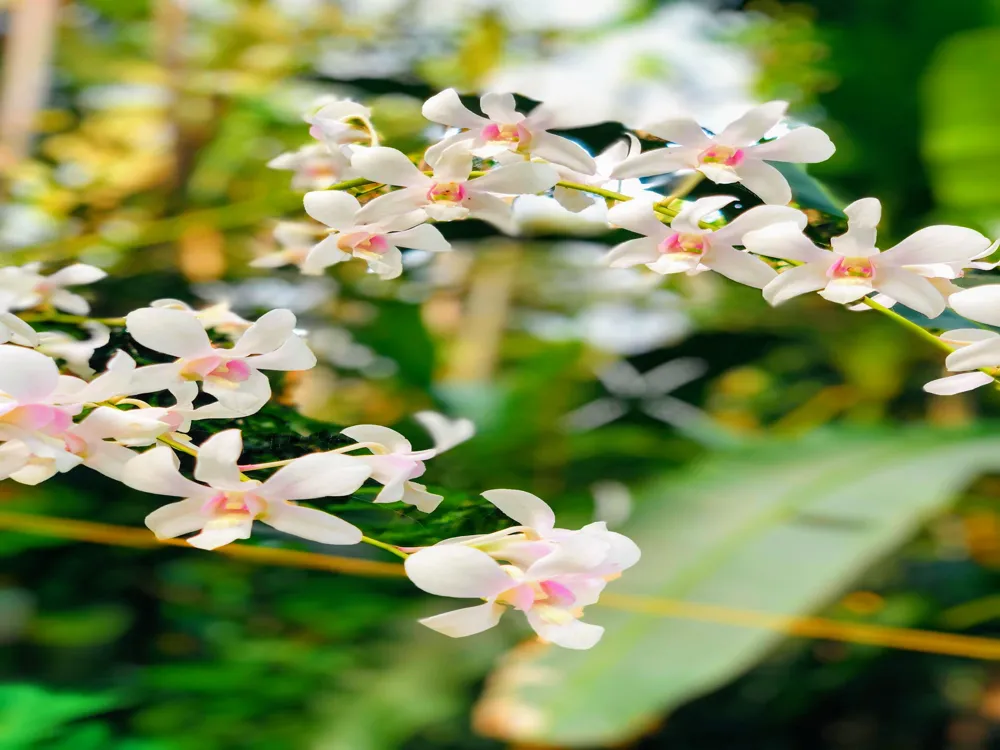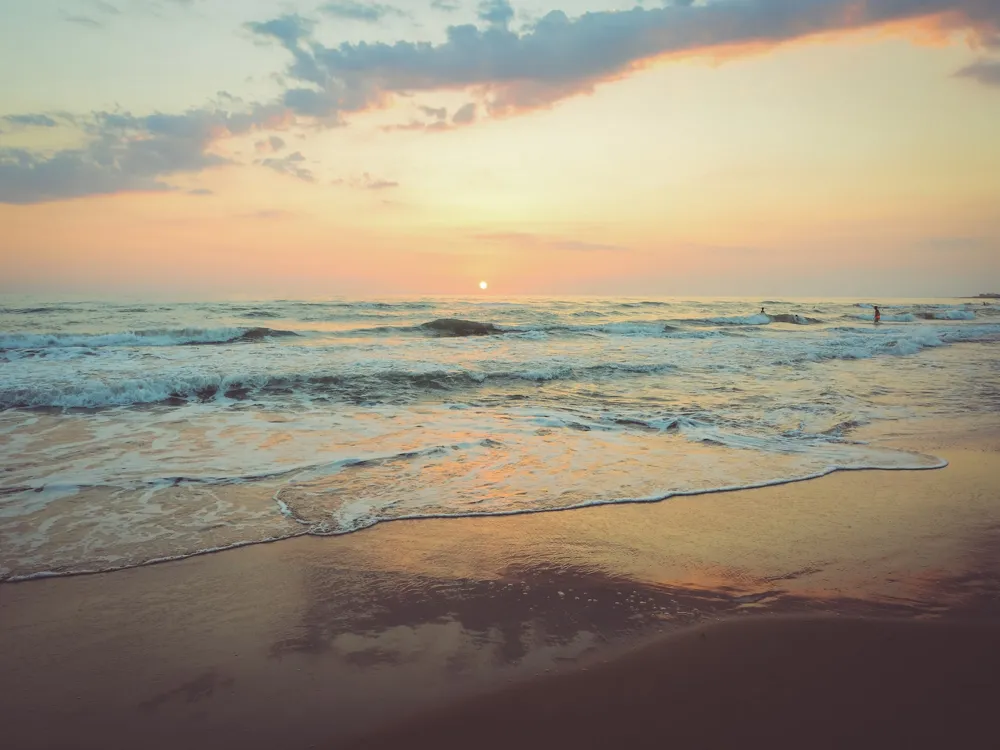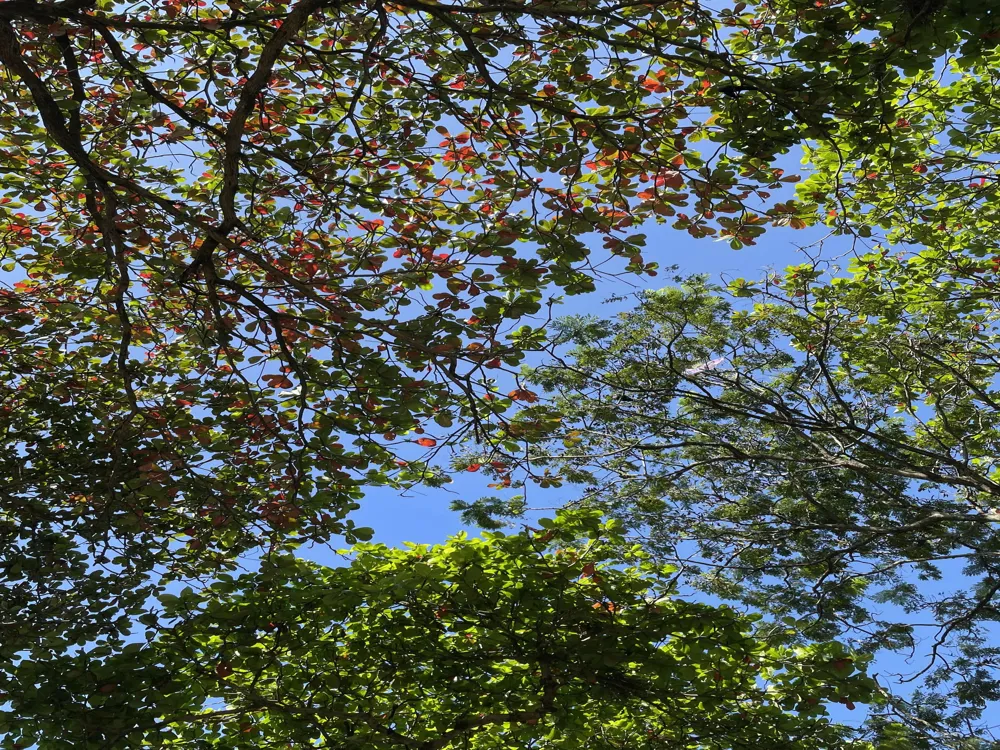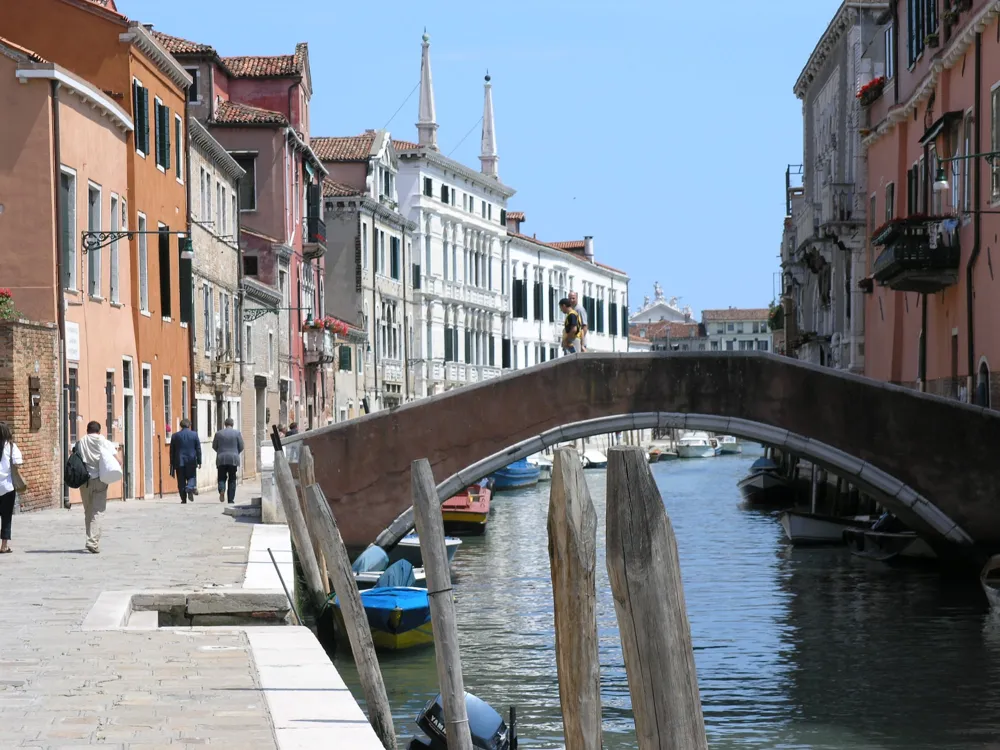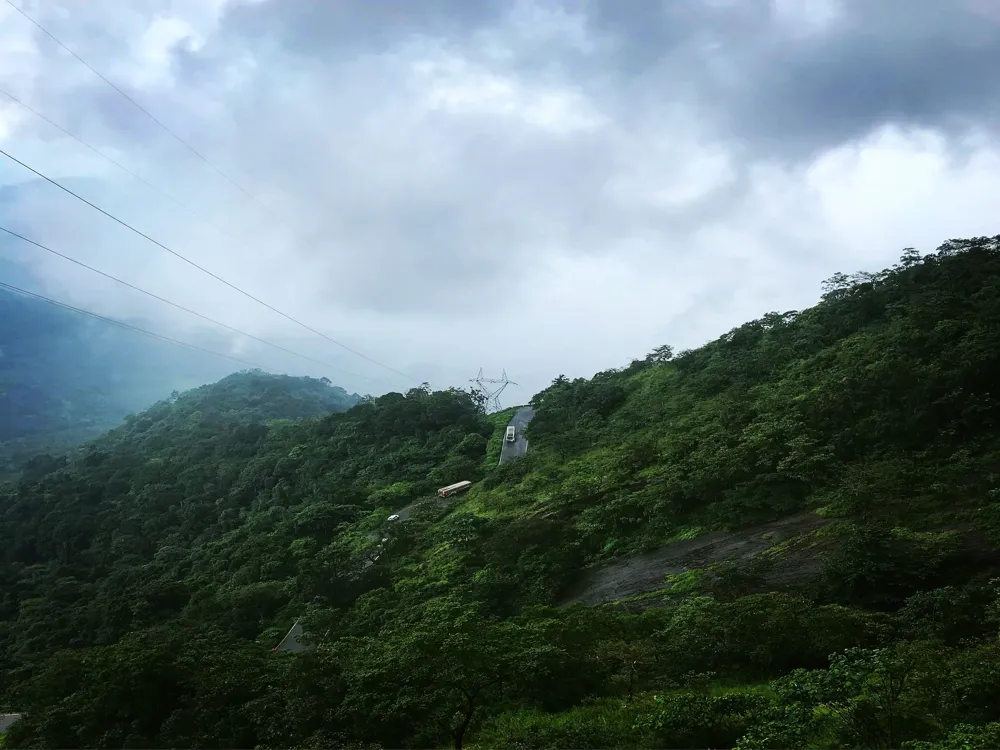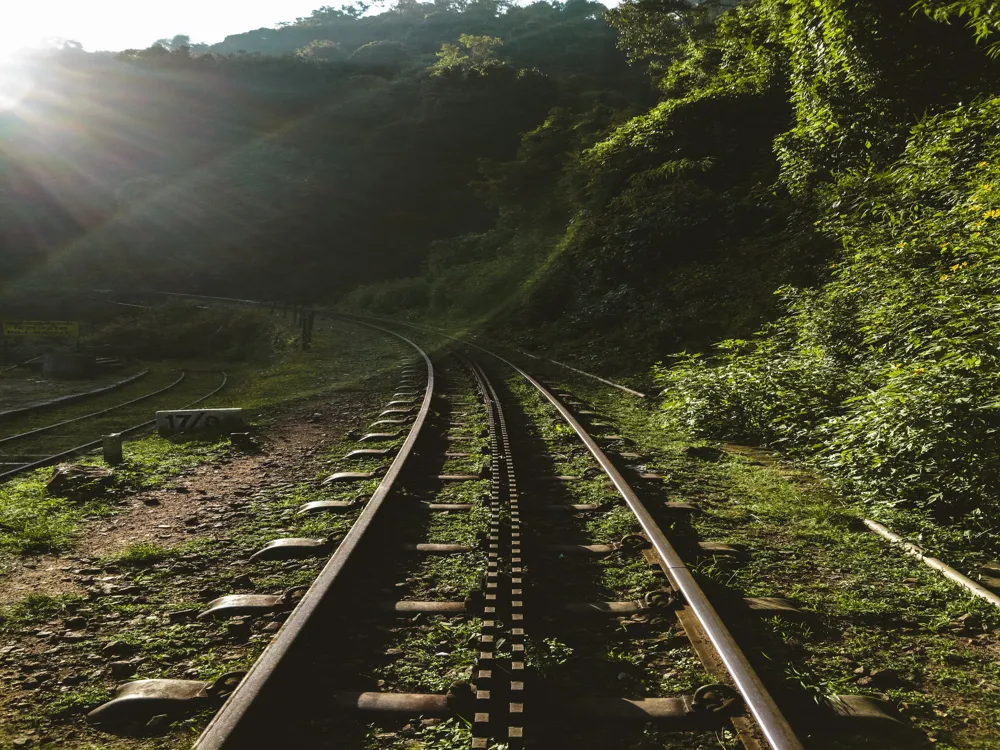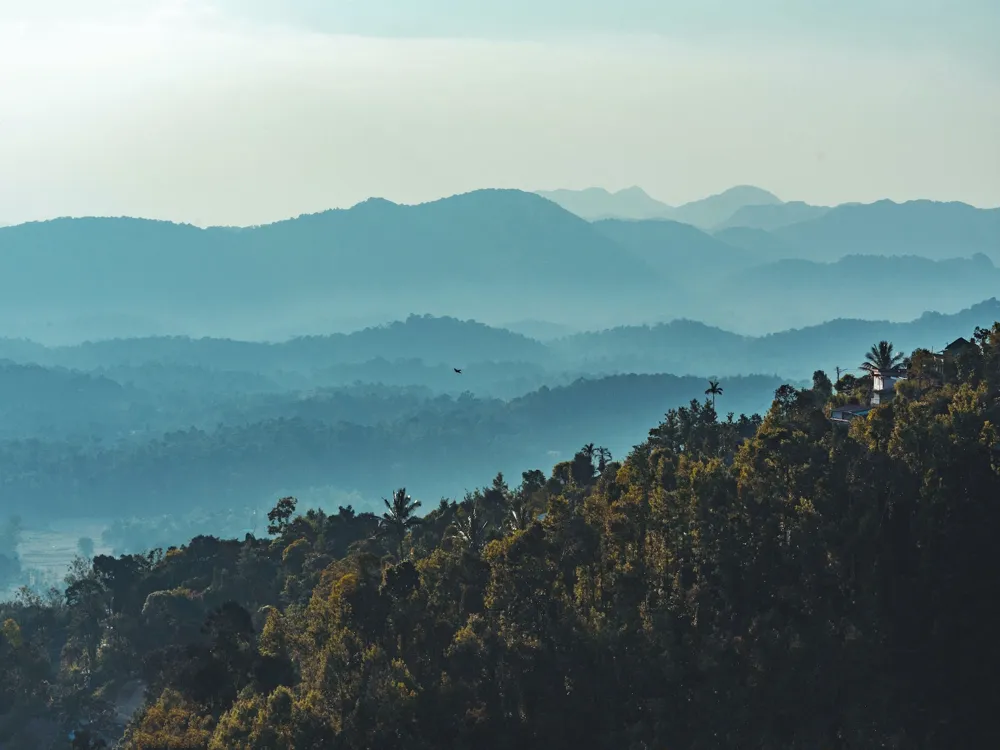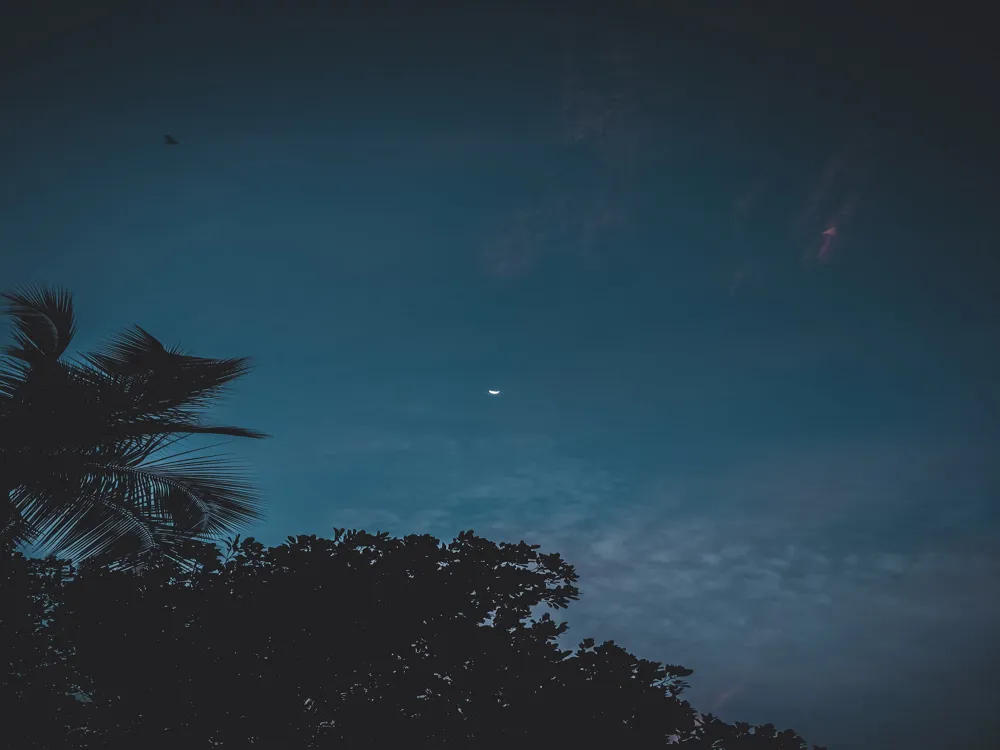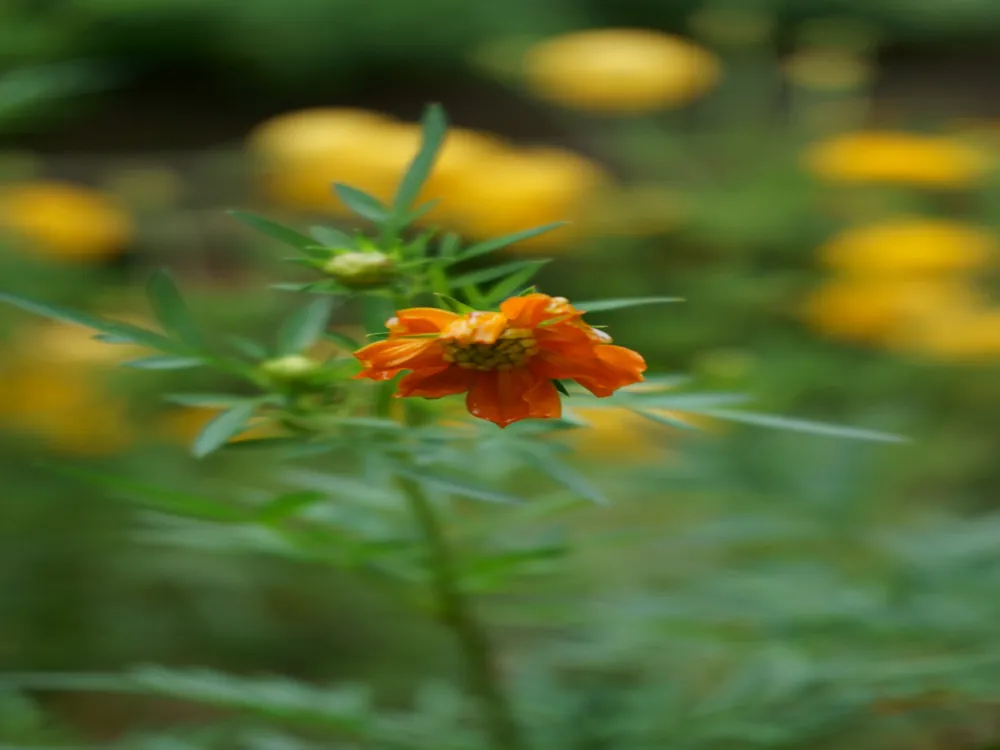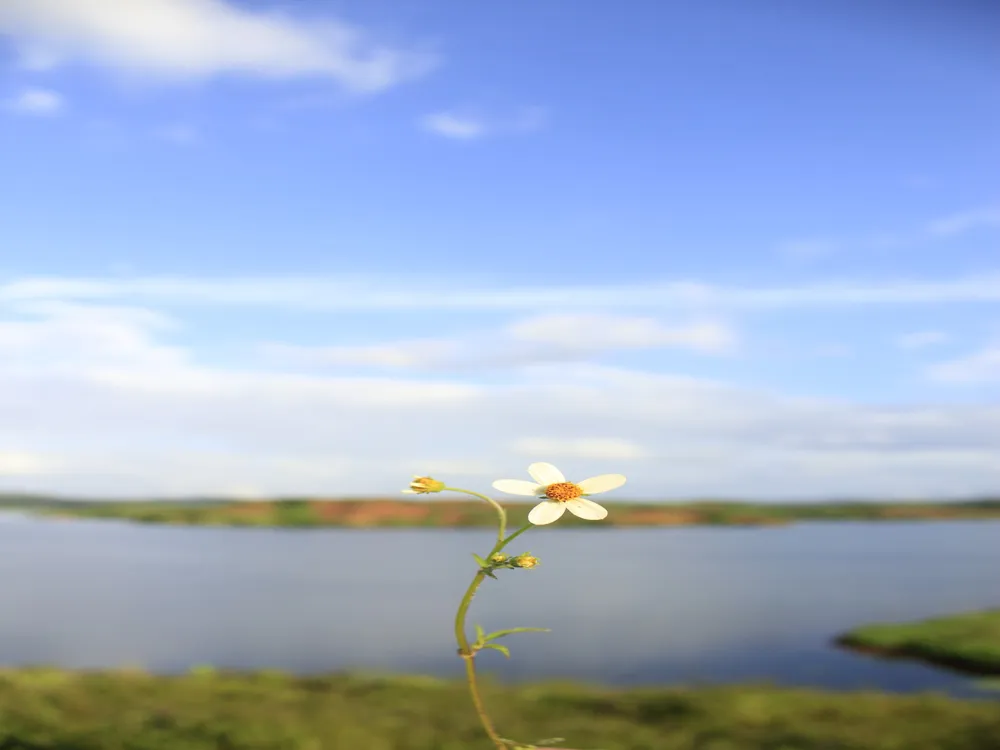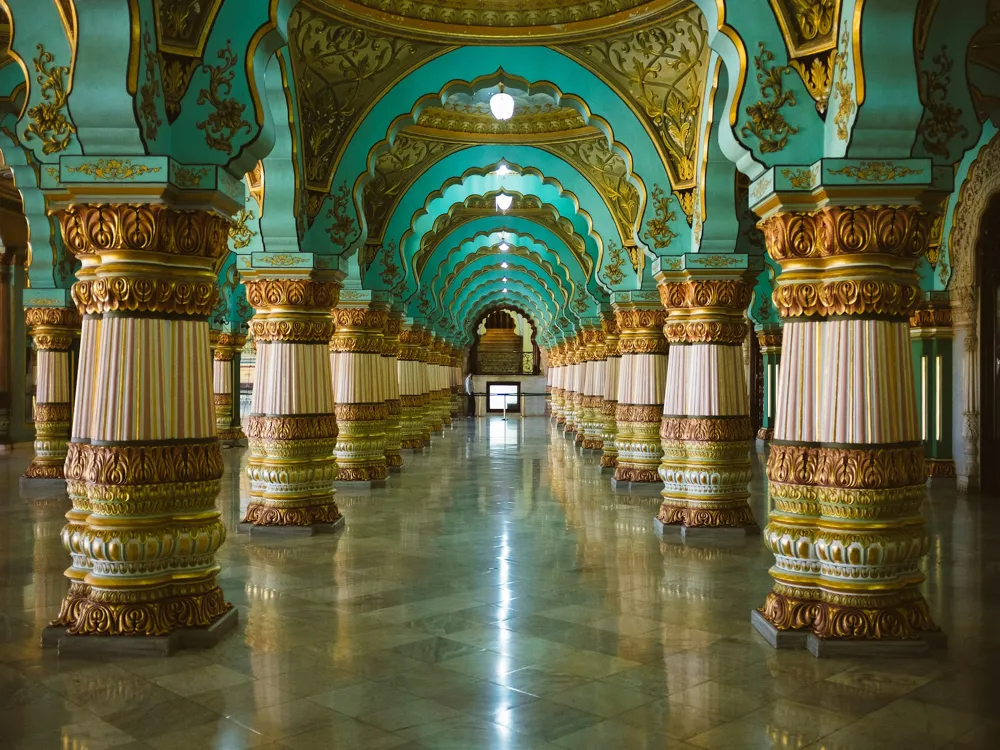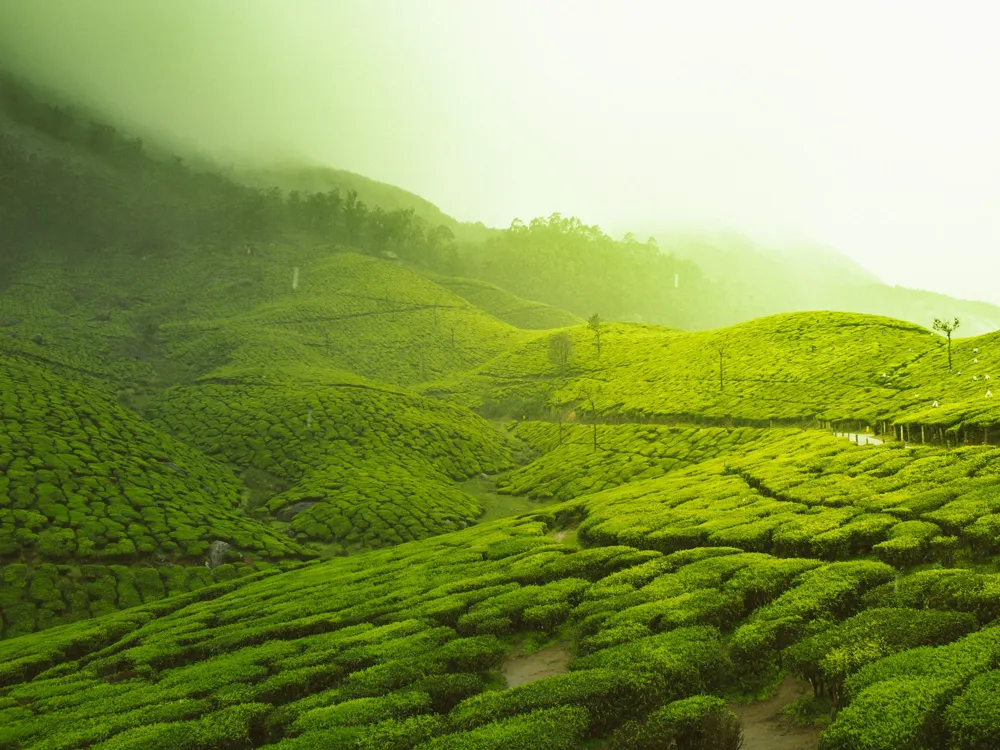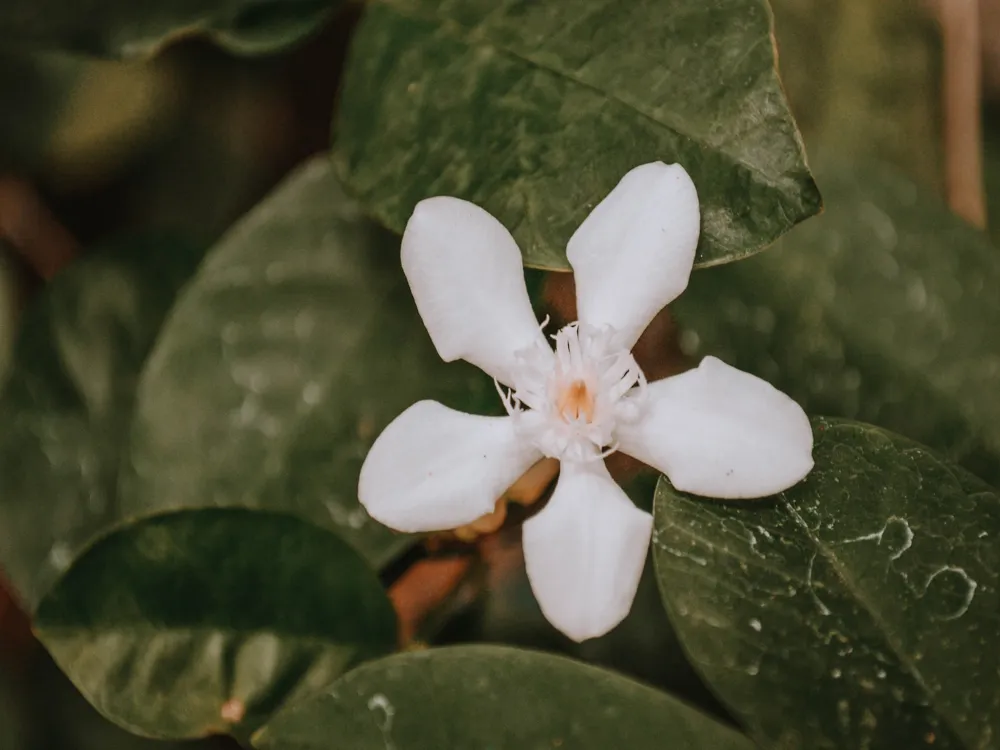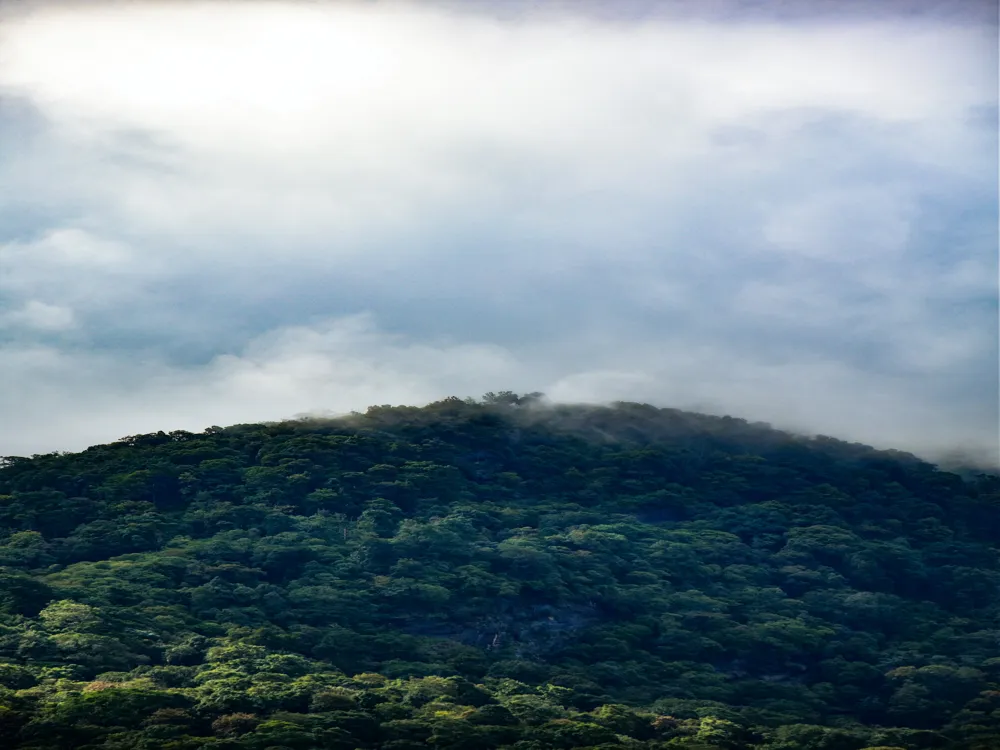Nestled in the lush landscapes of Kerala, Kozhippara Falls is a hidden gem in Kozhikode district, offering an enchanting experience for nature lovers and adventure seekers alike. This spectacular waterfall, surrounded by the verdant beauty of the Western Ghats, is not just a feast for the eyes but also a testament to the rich natural heritage of Kerala. Whether you're a photographer, a hiker, an environmental enthusiast, or someone seeking a peaceful retreat away from the bustle of city life, Kozhippara Falls is a destination that promises an unforgettable experience. The journey to Kozhippara Falls is as mesmerizing as the destination itself. As you traverse through the winding paths, you are greeted by the soothing sounds of cascading water and the refreshing scent of tropical flora. The falls cascade down rugged rocks, creating a harmonious symphony of sounds that resonate with the tranquil surroundings. The water, crystal clear and cool, forms a natural pool at the base, inviting visitors to take a refreshing dip. Kozhippara Falls is not just about the waterfalls; it's an ecosystem teeming with diverse flora and fauna. The region is a haven for birdwatchers and wildlife enthusiasts. The dense forests surrounding the falls are home to a variety of bird species, butterflies, and small mammals. The rich biodiversity of this area makes it an ideal spot for nature walks and educational tours, offering a glimpse into the intricate balance of nature. A visit to Kozhippara Falls is a journey into the heart of nature. It's an opportunity to disconnect from the digital world and reconnect with the natural world. The serene environment encourages mindfulness and relaxation, making it a perfect spot for meditation and yoga enthusiasts. The sound of the waterfalls, the chirping of birds, and the rustling of leaves create a natural symphony that soothes the soul and rejuvenates the mind. While Kozhippara Falls is renowned for its natural beauty, its architectural aspects are equally fascinating. The way the waterfalls have shaped the landscape over centuries is a testament to the incredible forces of nature. The rock formations around the falls exhibit unique patterns and textures, carved by the relentless flow of water. These natural sculptures are a marvel to behold and offer great insight into the geological history of the region. The geology of Kozhippara Falls is a subject of interest for geologists and nature enthusiasts alike. The rocks surrounding the falls are primarily sedimentary and have undergone various stages of erosion. This has resulted in a series of terraces and pools, giving the falls a distinct stepped appearance. The mineral-rich water has also contributed to the formation of unique colorations on the rocks, adding to the visual appeal of the falls. The monsoon season brings about a dramatic transformation in Kozhippara Falls. The increased water volume during this period enhances the beauty and grandeur of the falls. The monsoon rains rejuvenate the surrounding forest, making it lush and vibrant. This seasonal change is not only a visual spectacle but also plays a crucial role in the ecological balance of the area. The preservation of Kozhippara Falls and its surrounding ecosystem is a priority. Efforts are being made to promote sustainable tourism practices that minimize environmental impact. Visitors are encouraged to be mindful of their surroundings, adhere to guidelines, and support local conservation efforts. The promotion of ecotourism has helped in creating awareness about the importance of preserving natural wonders like Kozhippara Falls for future generations. The ideal time to visit Kozhippara Falls is from September to March. During this period, the monsoon has subsided, and the water flow is optimal, offering a spectacular view of the falls. The weather is also pleasant, making it comfortable for trekking and exploring the area. Safety is paramount when visiting Kozhippara Falls. It's advisable to wear sturdy footwear for the trek and be cautious near the water, especially during the monsoon when the current is strong. Always follow the marked trails and respect the safety signs. As responsible tourists, it's important to maintain the cleanliness and integrity of the falls. Avoid littering, and use designated waste disposal facilities. Respect the wildlife and do not disturb the natural habitat. Stay informed about the local guidelines and regulations. Some areas around the falls might be restricted for safety or conservation reasons. Adhering to these guidelines ensures a safe and enjoyable experience for everyone. Kozhippara Falls is accessible by road from Kozhikode city. The nearest airport is Calicut International Airport, about 55 km away. From the airport, you can hire a taxi or take a bus to reach the falls. The nearest railway station is Kozhikode Railway Station, from where buses and taxis are available. For those driving, the falls are well-connected through state highways and local roads. The last stretch of the journey involves a short trek through the forest, adding to the adventure of reaching this beautiful destination. Read More:Welcome to the Majestic Kozhippara Falls of Kozhikode, Kerala
Discovering the Charm of Kozhippara Falls
The Enchanting Ecosystem
Connecting with Nature
The Architectural Splendor of Kozhippara Falls
Understanding the Geological Marvel
The Influence of the Monsoon
Preservation Efforts and Ecotourism
Tips When Visiting Kozhippara Falls
Best Time to Visit
Safety Precautions
Respecting the Environment
Local Guidelines and Regulations
How To Reach Kozhippara Falls
Kozhippara Falls
Kozhikode
Kerala
₹ 16,000 onwards
View kozhikode Packages
Weather :
Label : Must Visit
Tags : Waterfall
Hiking : 200 metres
Planning a Trip? Ask Your Question
Kozhikode Travel Packages
View All Packages For Kozhikode
Top Hotel Collections for Kozhikode

Private Pool

Luxury Hotels

5-Star Hotels

Pet Friendly
Top Hotels Near Kozhikode
Other Top Ranking Places In Kozhikode
View All Places To Visit In kozhikode
View kozhikode Packages
Weather :
Label : Must Visit
Tags : Waterfall
Hiking : 200 metres
Planning a Trip? Ask Your Question
Kozhikode Travel Packages
View All Packages For Kozhikode
Top Hotel Collections for Kozhikode

Private Pool

Luxury Hotels

5-Star Hotels

Pet Friendly









